‘Mangal Shobhajatra’ is a Bengali tradition, it belongs to all us: Tariq Anam Khan
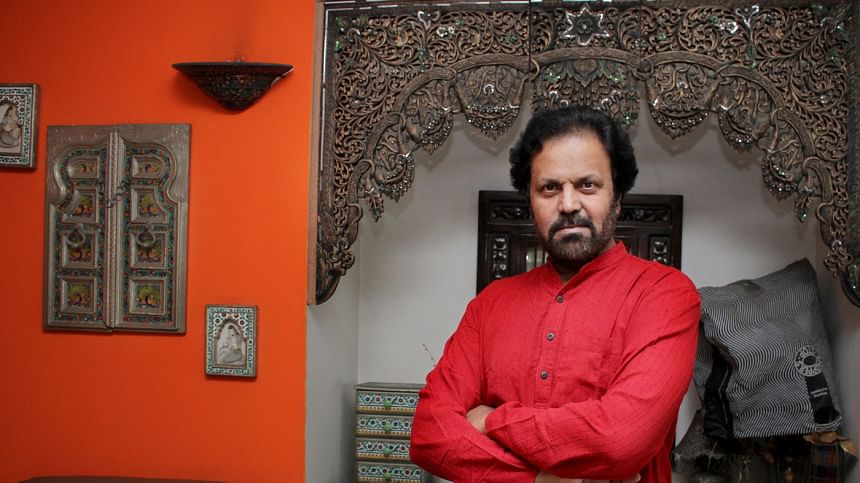
From "Ghetu Putru Komola" to "Mridha Bonam Mridha", Tariq Anam Khan is dominating the world of OTT, theater and movies with his incredible performances and outstanding dialogues. As Pahela Baishakh knocks on our door, the noted actor reflects his old memories and how it plays a significant role in Bengali culture.
"As a child, Pahela Baishakh meant the opening of Halkhata, I remember that I used to go with my father to various stores and the store managers would offer us these yummy sweets and nimkis, which I would finish off instantly. My father used to be really happy when he got invitations to stores on that day. It was truly a wonderful memory.
Slowly but steadily, I stepped into my adolescence and my newfound love for Bangali culture blossomed into my passion for poetry and Rabindra Sangeet. I remember that we would make chowkis out of the branches of big tress and throw programmes for singing and recitation. This most likely happened around 1968 and at that time I was in my own home town Satkhira. There we also used to celebrate Choitro Shongranti and Chorok Puja.
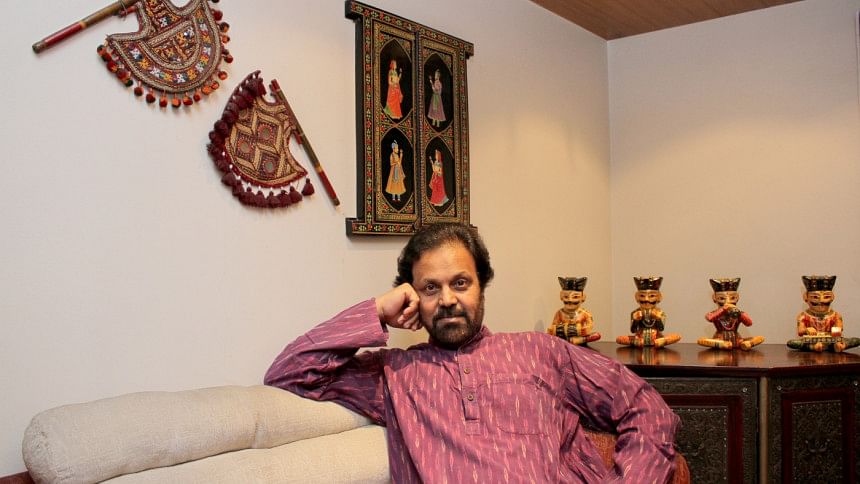
After the Liberation War, we came to Dhaka and I got to experience Pahela Baishakh at the heart of Ramna Batamul. We used to wake up early in the morning so that we could arrive quickly at the venue and listen to the beautiful performances by the artistes.
I remember that one time, I opened a tea stall with pandals at Ramna Batamul during Pahela Baishakh. We thought that it would be a wonderful idea to serve tea during the Bengali New Year. And thus, we brought clay pots from Rayer Bazar to give an authentic Bangali taste to our tea.
Pretty soon, I got married, and then Nima and I would frequently visit Ramna Batamul together. At that time our son was really small and he used to come with us at Ramna as well and till now this tradition continues in our family. On Pahela Baishakh, I always wear Punjabi while my better half dresses up in a beautiful saree. We try to hold our Bangali tradition and culture through our attire on that special day.
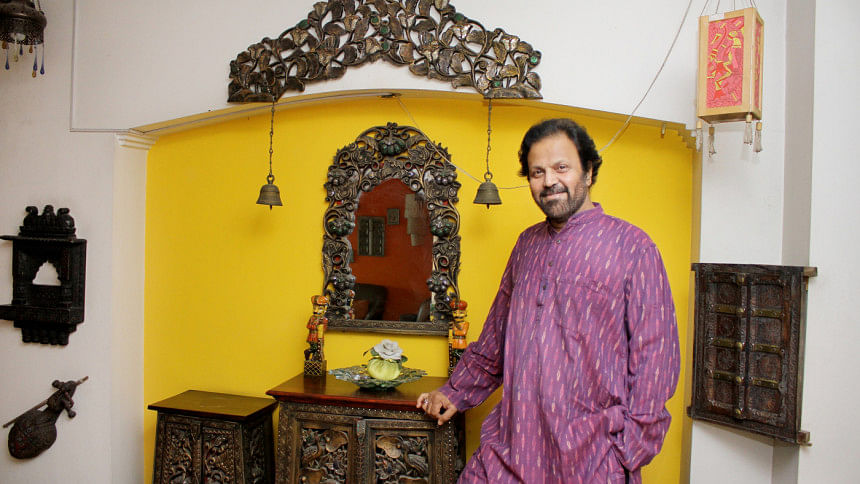
Soon afterwards, I started going with my theater friends to Ramna Batamul, and there we would participate in the colourful Mangal Shobhajatra. We used to celebrate that day by watching series, listening to songs and poems on that day. We used to keep tabs about what is happening around art college as we would wait in anticipation to see the colorful masks. At that time Mangal Shobhajatra used to take place from Charukola to Shahbagh. Mongol Shobhajtra wasn't just a procession for us; it is our tradition, which belongs to us Bangalees.
Pahela Baishakh and Mangal Shobhajtra- they are important parts of Bengali culture; it isn't right to add different meanings to it. Bangladesh became an independent country so that it could gain freedom to follow its own roots. Whoever issued a legal notice and sent a threatening letter to stop the processions couldn't comprehend the true idea of Bangladeshi culture. I strongly condemn such acts. Religion and country are two separate things. We all need to unite and celebrate Pahela Baishakh as a part of our tradition, and as a part of our identity."

 For all latest news, follow The Daily Star's Google News channel.
For all latest news, follow The Daily Star's Google News channel. 


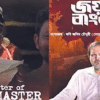


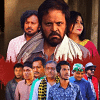


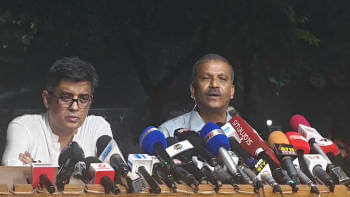
Comments